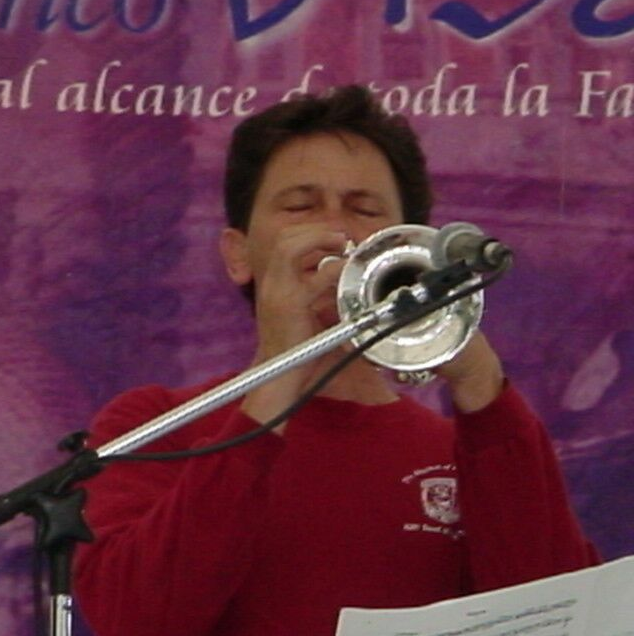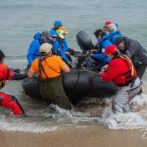Snapshots of Dementia: Prone to Wander
Facebook/Project Lifesaver “You never know. I might get out.” This phrase, or some variation of it, comes up every so often in conversations with Tom. Although he struggles with both memory and language, his sense of humor remains intact. He thinks the tracking ankle bracelet he wears is unnecessary, but he complies with it because a. he likes the deputy who helped us get it, and b. I keep reminding him he wears it for my peace of mind. The peace of mind part is all too real. I wrote here about how I had to rush home from work one hot Florida day because he had (against a friend’s counsel) left home to walk to a mall about four miles away for an errand that could easily have waited until someone could drive him. Ultimately, I had to get the police involved in finding him. Although that story had a happy ending, I’ve never forgotten how it felt to drive the neighborhoods, praying and crying as I searched for him. Not long after we moved to South Carolina, I heard from one of the Facebook dementia support groups I belong to about Project Lifesaver (from its website): Project Lifesaver is the premier search and rescue program operated internationally by public safety agencies, and is strategically designed for “at risk” individuals who are prone to the life-threatening behavior of wandering. The primary mission of Project Lifesaver is to provide timely response to save lives and reduce potential injury for adults and children with the propensity to wander due to a cognitive condition. I also learned through another connection that Project Lifesaver was available in our county. By that time, we had had two more incidents of Tom “wandering,” both during the week (April 2020) a tornado hit our area. Our home had no damage, but the storm knocked out our power for almost a week. That very first day, our routine was much different than normal as we checked on neighbors and waited on the power to return. And also on that very first day, Tom took off without telling me where he was going. Fortunately, I saw him leave and was able to bring him back without incident. But later that day, we moved to our daughter and her family’s home because they still had power. During the week we were there, Tom took off on another walk, destination unknown. This time, he refused to come back when our daughter called to him. She had to jump in a friend’s truck and chase him down—another scary time. As soon as I learned that our county had Project Lifesaver, I contacted our local sheriff’s office, which manages the project....
Read More







